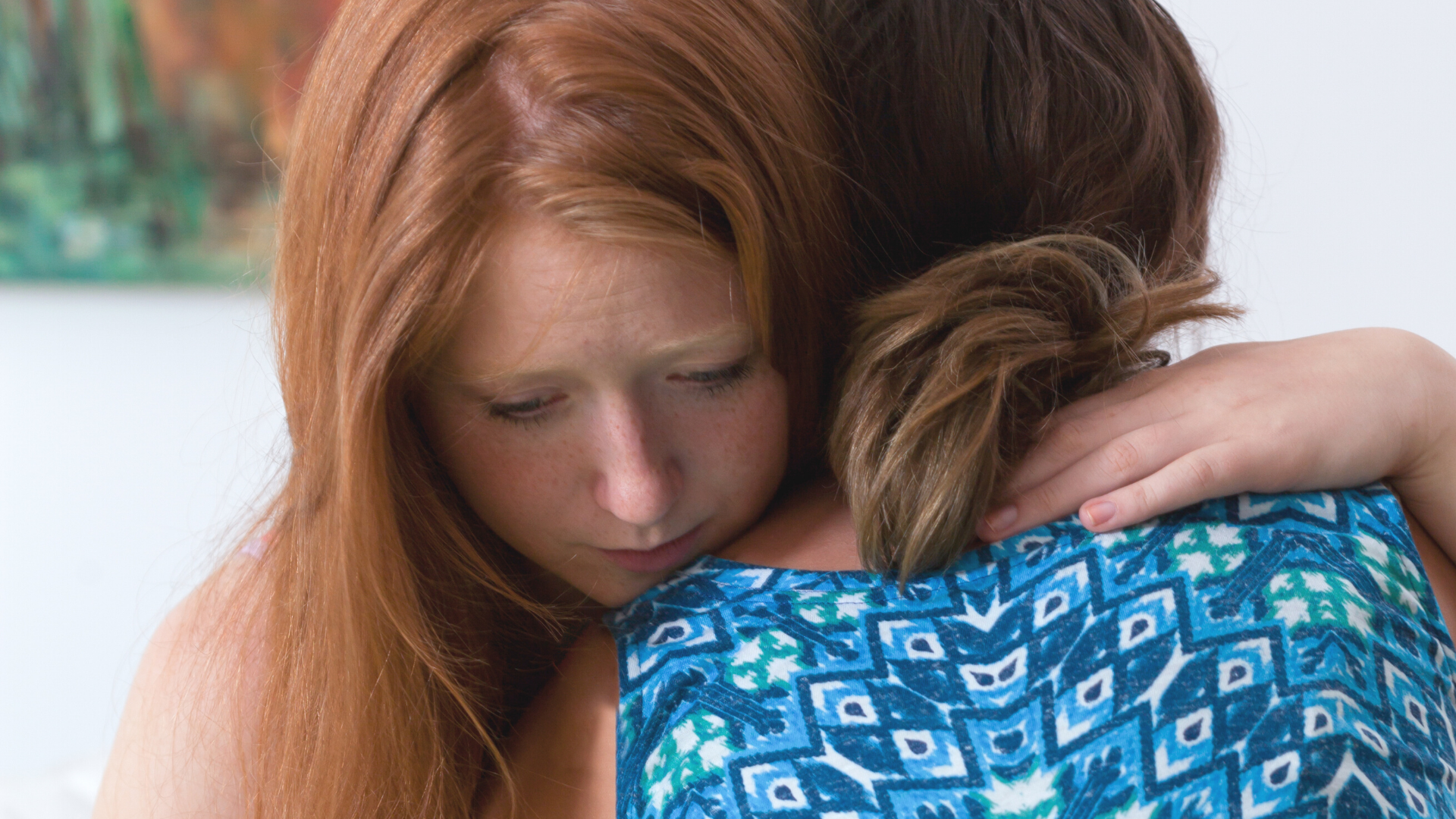
If you are supporting someone who has lost a baby, it can be difficult to know what to say or how to help. Sadly many parents say how isolated they feel after the death of a baby, and everyone's grief is different and changes over time. Please know that there are lots of ways you can help be there for someone if their baby has died.
We've shared some suggestions below, but if you need further support, Sands is here for you, too.
Finding the words
If you know someone whose baby has died it can be hard to find the right words to say, and this can add to their feelings of isolation. Simply saying how sorry you are can really help, and it is so important to ask about the baby and to use the baby’s name if you can. For instance “I’m so sorry to hear about [baby’s name], would you like to tell me about them?” or “I’m so sorry to hear about your baby, what did you call her/him?”
Don’t try to ‘fix’
When someone’s baby has died it can help when people find ways to show they care and understand, but don’t ever try to diminish the grief and pain as a way of ‘fixing’ what has happened. You can’t fix it, you can only be with them in their pain. People often say things like "at least you have another baby/child", “at least you know you can get pregnant” or "at least you are fit and healthy". If you find yourself starting a sentence "at least …", stop straight away.
Keep in touch
If someone’s baby has died, let them know you are thinking about them. A simple text, card or email goes a long way, or you might want to call them and ask how they are. It’s OK to ask ‘how are you?’. The death of a baby is the start of a lifetime journey that the parents and family are now on, so think about sending a card at the time of anniversaries.
Offer practical help
When a baby dies it can be very hard for parents and families to do everyday tasks such as walking the dog, going shopping or cleaning the house. Offer to help in a practical way, but be specific. Say "Can I help with [shopping/ preparing food/ household jobs]?", rather than, "I'm here to help if you need me."
Memories
Memories are such an important part of grieving for a lost loved one, yet often there are very few or no memories when a baby dies. Support your friend or family member in creating memories; for example, they may have some photos or keepsakes from their pregnancy or the time they spent with their baby. You could help them create a memory box, or a scrapbook, perhaps.
Finding ways for them to feel connected to their baby can help, and so can adding to those memories over time to create an enduring bond or connection; this could be doing an activity on their baby's birthday, or planting trees and watching them grow.
